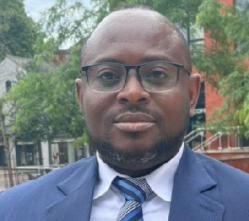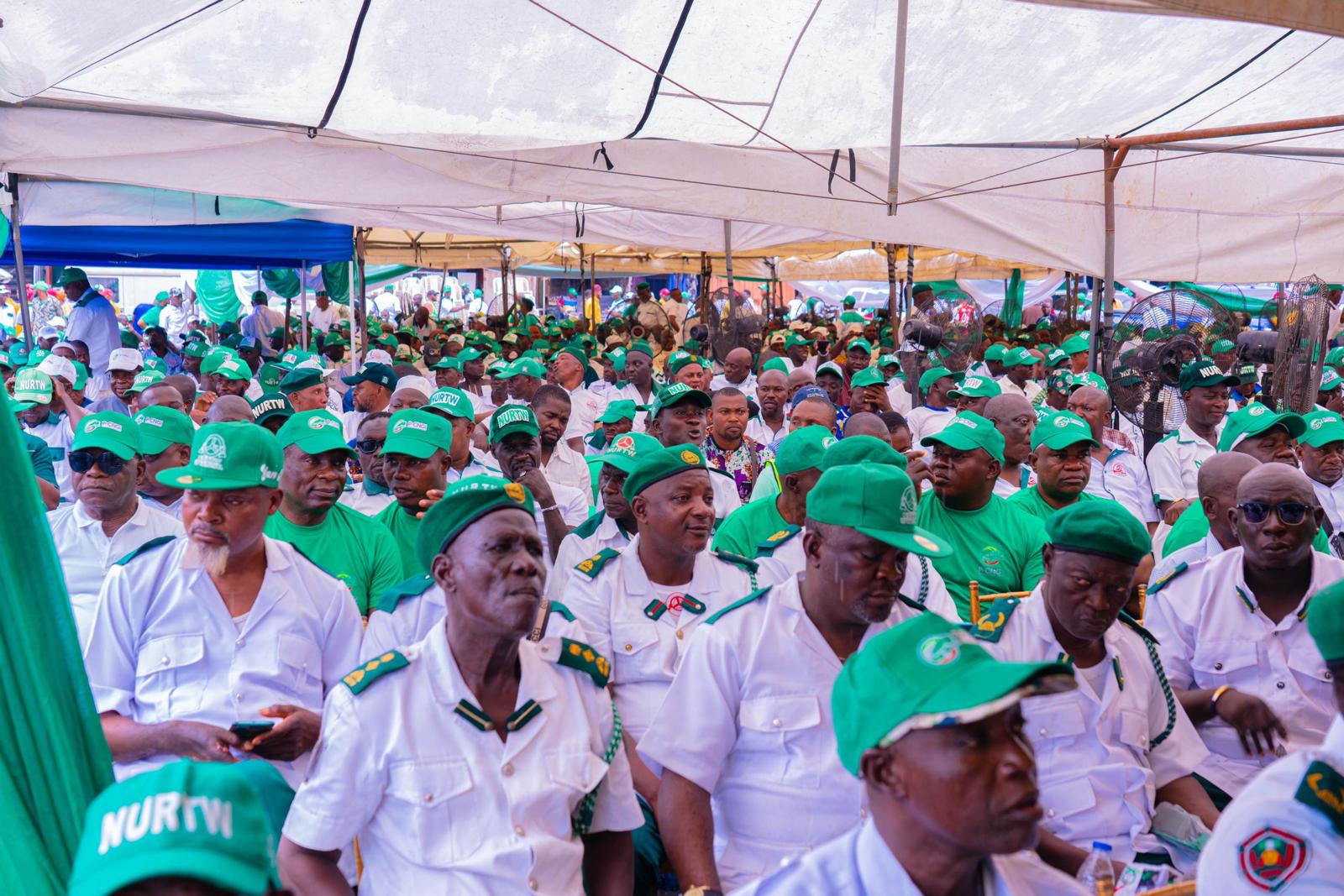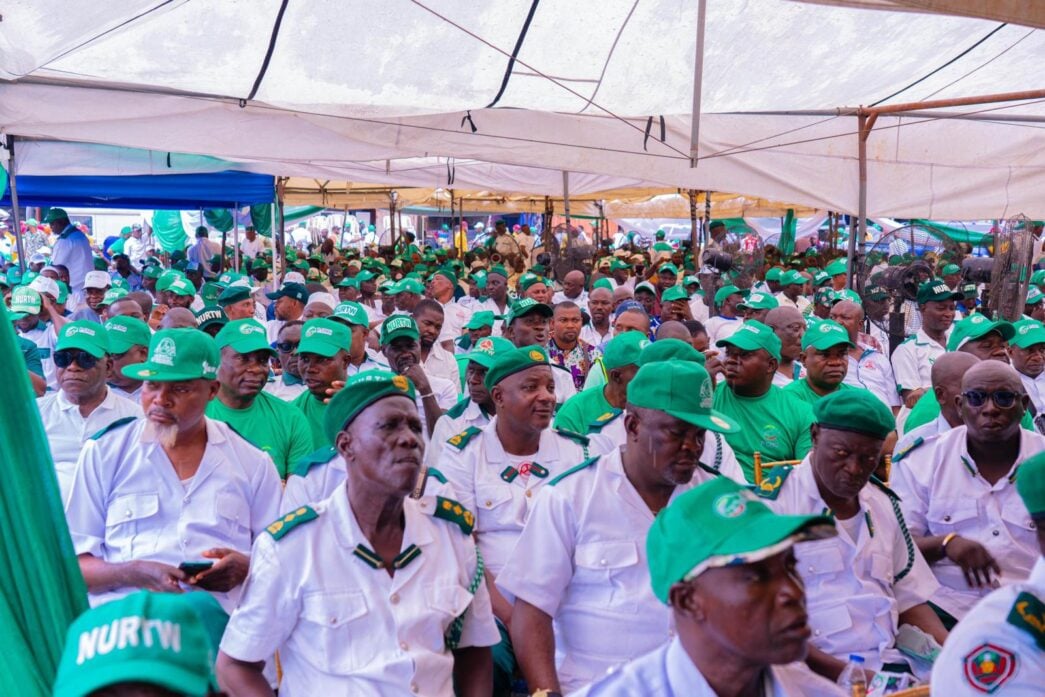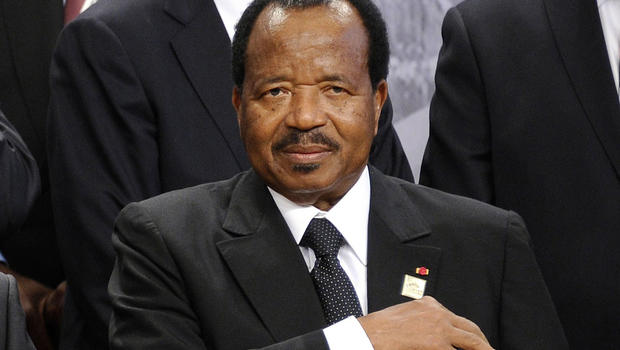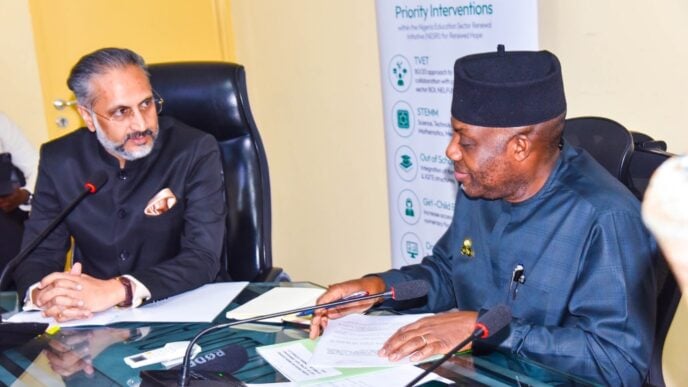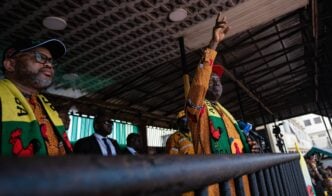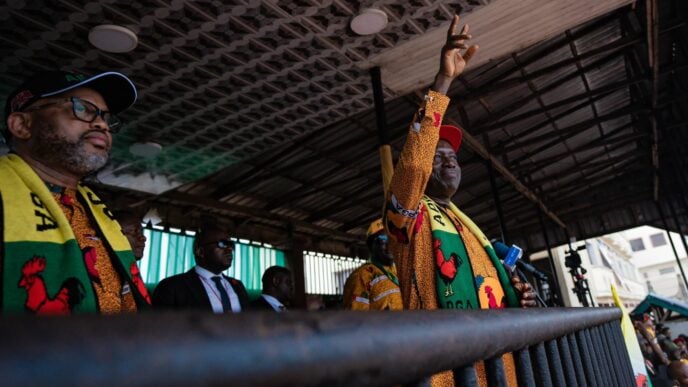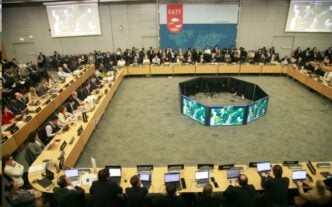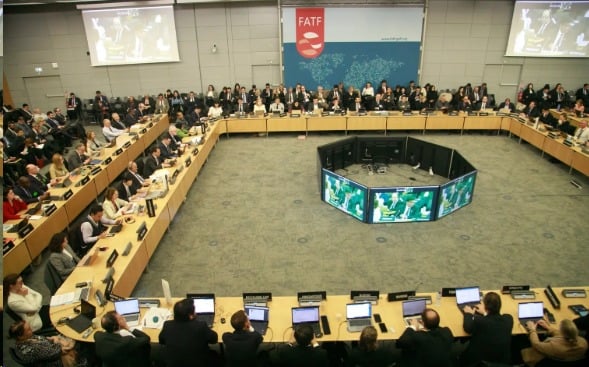There is an urgent need to rein in the excesses of members of the National Union of Road Transport Workers (NURTW), especially in Lagos state, where their activities have grown from mere transport unionism into a reign of intimidation, violence, and impunity. Once created to protect the interests of commercial transport operators, the union has, in many areas, become a lawless empire, exploiting drivers, extorting citizens, and serving as political machinery during elections.
For decades, Lagosians have lived under the shadow of these so-called “area boys” or transport enforcers who claim to represent the NURTW. They have turned major motor parks and transport corridors into zones of fear. Commercial bus drivers, tricycle operators, and even dispatch riders are forced to pay daily “taxes” — often without any official receipt or government oversight. Refusal to comply usually leads to harassment, physical assault, or vandalism. This system of extortion not only drains the already struggling transport sector but also contributes to the rising cost of living, as drivers transfer these illegal fees to passengers.
My own experience in April 2011 remains etched in my memory. As a young journalist, I went to VI to interview the late Chief Ladi Rotimi Williams SAN. I boarded a bus in Victoria Island bound for Ojota and sat beside the driver. At Costain, NURTW enforcers stopped the vehicle, demanding their daily levy. The driver explained it was his first trip and promised to pay later. The enforcers remained adamant. In the scuffle, one smashed his baton on the bus, breaking the side glass. Shards flew in my direction — I could have been blinded that day but for divine providence.
This incident, more than a decade ago, shows that the menace is not new. It underscores the recklessness and impunity that have become normalised in Lagos’ transport corridors. Today, stories like mine are joined by more tragic ones — including fatalities and politically motivated violence — making reform ever more urgent.
Advertisement
From Unionism to Thuggery
At its core, the NURTW is supposed to function as a trade union representing transport workers’ welfare, promoting order, and ensuring members’ rights. However, over time, many of its chapters have evolved into quasi-political militias. They now operate less like a union and more like a cartel. Their leadership structures are often determined not by democratic consensus but by sheer force — whoever can command the most loyal and violent following takes control.
This dangerous evolution has been aided by politicians who see in the NURTW a ready-made tool for electoral manipulation. The muscle power of union members has been used to intimidate voters, disrupt polling units, and enforce voter suppression in several elections. In exchange, these political patrons offer protection, access, and immunity. As a result, many union leaders act as untouchable power brokers — what some Lagosians now call “tin gods.”
Advertisement
The Case of Shamelon: A Test for Justice
The recent case of Shamelon — a notorious figure within the Lagos Island transport circuit — has once again brought the issue into public focus. Reports indicate that Shamelon and his associates were involved in a violent attack that led to the death of a young man in Lagos Island. He was also seen in a viral video pummeling a dispatch rider for allegedly ‘scratching’ his vehicle. Following public outcry, the police arrested him and charged him with murder. However, there are disturbing reports that some influential figures are working behind the scenes to secure his release or downgrade the charges from murder to mere assault.
If these reports are true, it would represent not just an affront to justice but a betrayal of every Lagosian who believes in the rule of law. Attempts to whitewash such heinous crimes will be strongly resisted by well-meaning citizens, civil society organisations, and human rights advocates. The culture of impunity that allows violent actors to evade punishment simply because of their political connections must end.
Sego’s Threats: A Dangerous Echo of Violence
Advertisement
Just days after the Shamelon saga, another disturbing incident emerged. Sego, the Lagos state chairman of the NURTW, was caught on video openly threatening that anyone who refused to vote for the All Progressives Congress (APC) would be “visited with death.” The statement, widely circulated on social media, sent shockwaves across the state.
Faced with public outrage, Sego later released another video claiming that he had been “invited” by the Department of State Services (DSS) for questioning. But beyond that statement, nothing more has been heard. The DSS has not issued any official confirmation or statement to clarify whether Sego was cautioned, interrogated, or sanctioned for his reckless and undemocratic outburst.
This silence raises troubling questions. Why has the DSS not made its findings public? How are citizens to be assured that such open threats against voters will not be repeated in future elections? When institutions that are meant to protect democracy appear complicit through silence, the rule of law begins to crumble.
The DSS, as a critical security agency, must not give the impression that it treats politically connected individuals with kid gloves. The credibility of the security system depends on fairness, transparency, and visible accountability. Failing to act decisively on Sego’s threats only reinforces the perception that certain individuals are above the law.
Advertisement
A City Held Hostage
Lagos is Nigeria’s economic nerve centre — a megacity of over 20 million people whose efficiency depends on a functioning and orderly transport system. Yet, that system has for years been held hostage by the NURTW’s informal tax regime.
Advertisement
Every day, drivers pay anywhere from ₦3,000 to ₦7,000 in illegal levies at multiple checkpoints. When multiplied by tens of thousands of vehicles, this represents billions of naira siphoned monthly from the pockets of hardworking citizens into the coffers of union lords. This money could have gone into vehicle maintenance, better services, or even the state’s internally generated revenue. Instead, it funds a parallel power structure that undermines legitimate governance.
Beyond the economic cost lies the human cost — the constant harassment, intimidation, and occasional fatalities that have become routine. The recent Lagos Island incident is only one of many. Countless similar assaults go unreported because victims fear reprisals or have no faith in the justice system.
Advertisement
A system where they can earn a living without being bullied by those who hide behind unionism and political privilege.
The time to act is now. Lagos cannot continue to tolerate a transport mafia that undermines the rule of law and democracy itself. Every government that fails to confront this menace is complicit in the suffering of its people.
Advertisement
The people of Lagos — and indeed Nigeria — are watching closely. The handling of the Shamelon and Sego cases will show whether we are a society governed by laws or by impunity. Justice must not only be done but must be seen to be done. Anything less would be a disservice to the victims, to Lagos, and to our collective future.
Akinsuyi, former group politics editor of the Daily Independent, writes from Abuja, Nigeria. He can be reached at [email protected].
Views expressed by contributors are strictly personal and not of TheCable.
